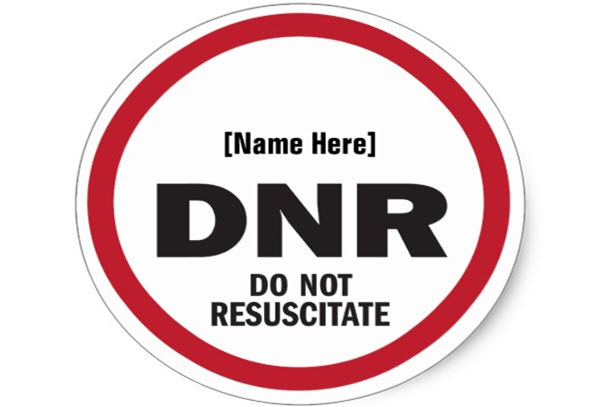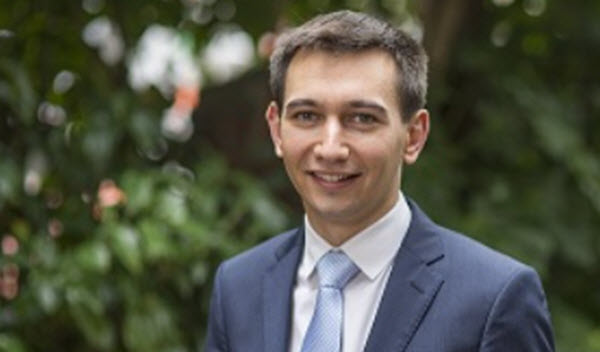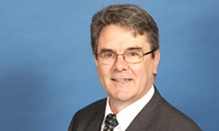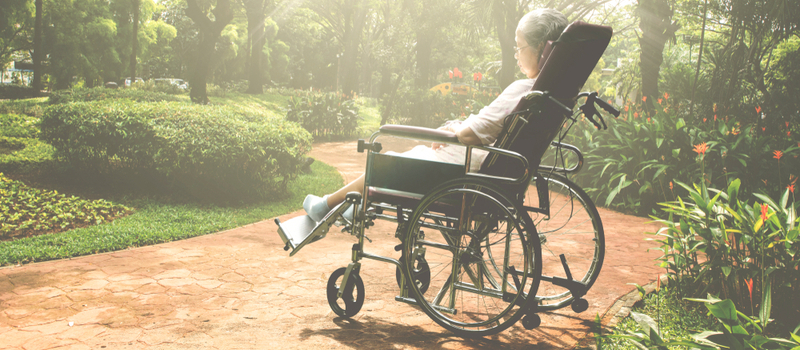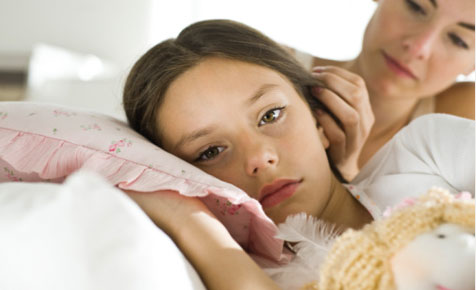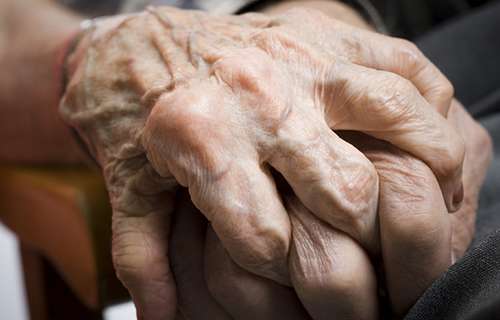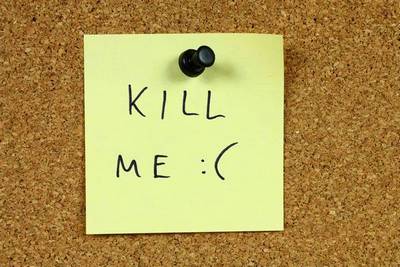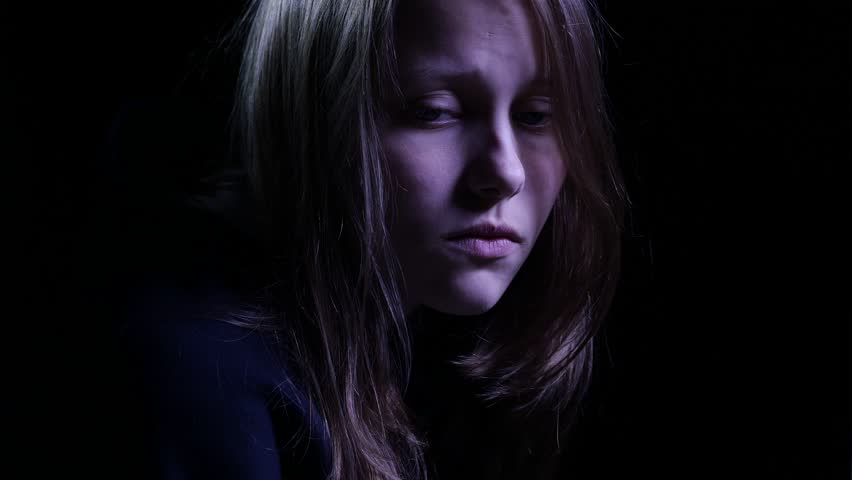
City Journal 5 June 2019
Family First Comment: Remember the Dutch 17y/o euthanasia case that wasn’t euthanasia? That doesn’t make things any better.
“…But even allowing a 17-year-old girl to dehydrate herself to death, in front of others, makes one feel uncomfortable, to say the least. She was refused euthanasia earlier because those who would have been responsible for killing her felt that she was too young: her brain, and her character, were not fully formed. Were her brain and character nevertheless formed enough for her to kill herself in front of others? In France, those who watched her die would have been guilty of a criminal offense.”
Euthanasia changes attitudes. Don’t go there.
If I were Dutch, I would not be altogether reassured by the ease with which it was widely (though mistakenly) believed that a 17-year-old girl named Noa Pothoven was put to death by doctors because of her unbearable mental suffering, rather than the fact that she was actually allowed to refuse all food and drink until she died of dehydration. The first was believed because putting a depressed teenager to death is the kind of thing many people have come to expect of the Netherlands.
Their expectations are not the result of mere prejudice. In August 2017, a Dutch doctor published a letter about the evolution of euthanasia in the country. “In 2015,” he wrote, “92 percent of the patients who received physician assisted dying had a serious somatic disease,” from which it follows that 8 percent (or 450 persons in absolute numbers) did not. Even this number may be an underestimate, for it was based on a survey to which only 78 percent of doctors replied. Furthermore, “serious somatic disease” is not the same as “imminently fatal disease.”
Dutch law does not require that the illness from which a candidate for euthanasia is suffering be terminal or indeed physical. In 1994, a psychiatrist, Boudewijn Chabot, was tried because he had administered fatal poison to a woman who had no physical illness and, according to him, no psychiatric disorder, either, but who simply wanted to die to rejoin her two sons, who had died before her. The lower courts exonerated him; the supreme court found him guilty but did not punish him, and allowed him to continue in practice. The only reason that he was found guilty of anything was that he had failed to consult a second doctor over his decision—a second opinion not being much of a safeguard, considering how doctors tend to defer to one another’s clinical wisdom. Interestingly, Chabot has himself since become alarmed at the looseness with which the legal criteria are now being applied, the routinization of the decision-making, the rubber-stamping for death.
In other words, the initial story about Pothoven was credible, though it turned out to be false. But even allowing a 17-year-old girl to dehydrate herself to death, in front of others, makes one feel uncomfortable, to say the least. She was refused euthanasia earlier because those who would have been responsible for killing her felt that she was too young: her brain, and her character, were not fully formed. Were her brain and character nevertheless formed enough for her to kill herself in front of others? In France, those who watched her die would have been guilty of a criminal offense.
By all accounts, her end was peaceful. Here she performed a valuable service: she successfully demonstrated that euthanasia is not necessary. All that is necessary for a person wishing to die to achieve his aim is to stop drinking for a relatively short time, and for his wishes to be respected. Proper care will ensure that he or she is comfortable.
Pothoven’s unbearable personal suffering was caused, she said, by the sexual abuse that she had suffered when she was 11, and rape by two men when she was 14. Certainly, she suffered severely from anorexia nervosa, on one occasion requiring hospitalization to save her from organ failure. But until very late in the day, said her mother, “We didn’t get it. Noa is sweet, beautiful, smart, social and always cheerful. How is it possible that she wants to die?”
READ MORE: https://www.city-journal.org/euthanasia-noa-pothoven
